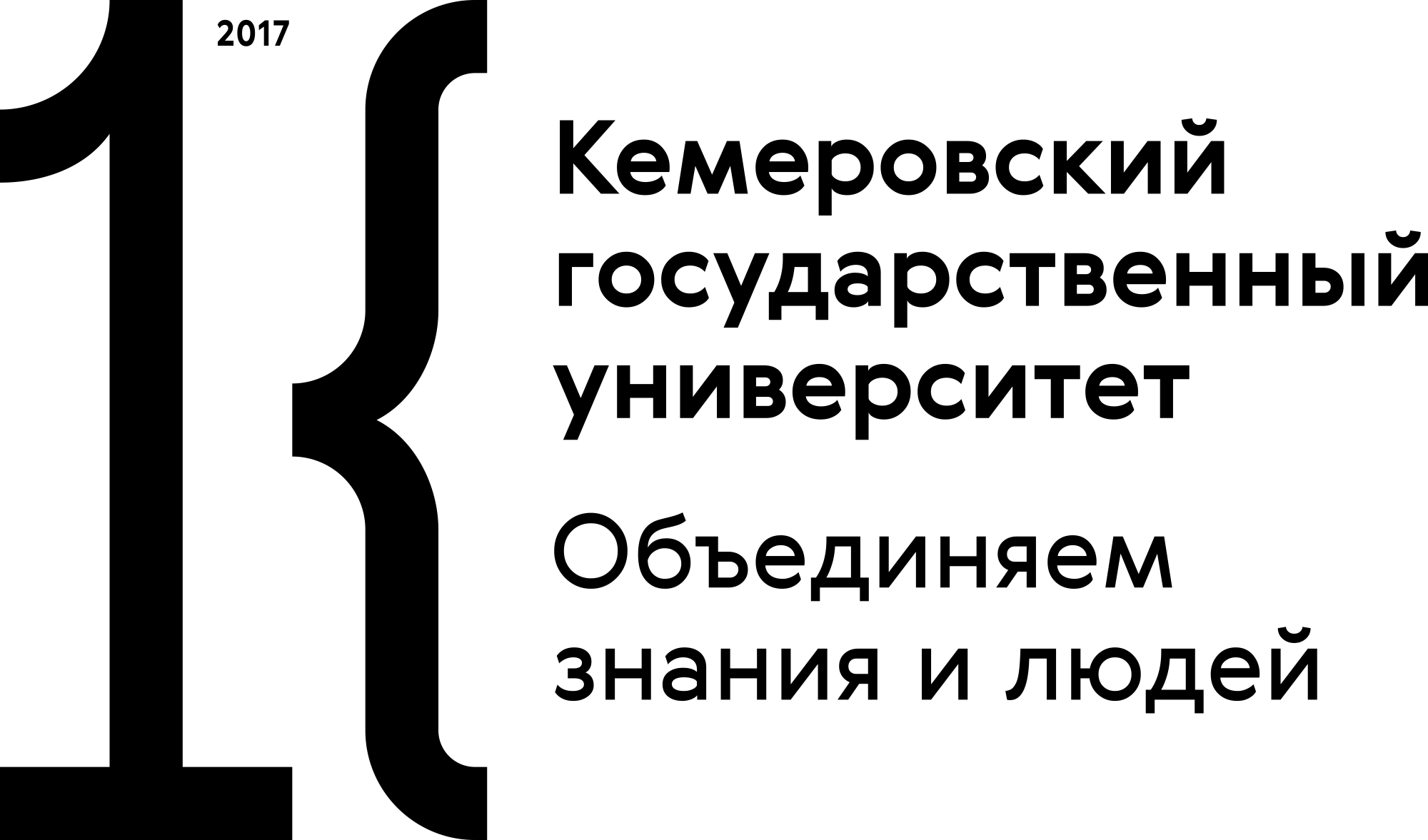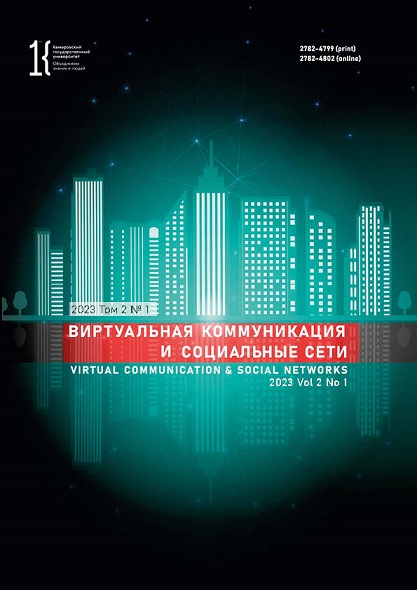Санкт-Петербург, Россия
Санкт-Петербург, Россия
Исследована феноменология академического обмана в студенческой среде при офлайн- и онлайн-обучении. Cбор данных осуществлялся с помощью авторской анкеты, которая оценивала частоту встречаемости и субъективную допустимость различных ситуаций академического обмана, а также позволяла в свободной форме описать ситуации и контексты академического обмана. В исследовании приняли участие 52 студента российских вузов различных профилей подготовки 1–6 курсов 18–25 лет (15 юношей, 37 девушек). В вопросах с открытым ответом проводился контент-анализ. Полученные данные подвергались статистическому анализу с помощью G-критерия знаков и углового преобразования Фишера. Результаты показали, что в онлайн-среде самыми распространенными формами академической нечестности являются списывание на экзаменах и зачетах, использование электронной работы сокурсника как образца, имитация технических нарушений, параллельное использование возможностей Интернета и ложное указание использованных источников. Выявлено, что студенты оценивают допустимость академического обмана при онлайн-обучении выше, чем при офлайн-обучении. Результаты исследования доказывают, что академический обман при обучении онлайн имеет свою феноменологию, отличающуюся от феноменологии академического обмана при традиционном формате обучения, поэтому эта форма академического обмана требует отдельного изучения.
электронный академический обман, онлайн-обучение, студенты, вуз
1. Безгодова С. А., Микляева А. В. Академический обман в цифровой среде: социально-психологический анализ. Science for Education Today. 2021. Т. 11. № 4. С. 64-90. https://doi.org/10.15293/2658-6762.2104.04
2. Спасенников В. В., Андросов К. Ю. Академическое мошенничество и мотивация учебной деятельности студентов современных университетов. Эргодизайн. 2020. № 2. С. 72-80. https://doi.org/10.30987/2658-4026-2020-2-72-80
3. Amigud A., Dawson P. The law and the outlaw: is legal prohibition a viable solution to the contract cheating problem? Assessment & Evaluation in Higher Education, 2019, 45(1): 98-108. https://doi.org/10.1080/02602938.2019.1612851
4. Bacon A. M., McDaid C., Williams N., Corr P. J. What motivates academic dishonesty in students? A reinforcement sensitivity theory explanation. British Journal of Educational Psychology, 2020, 90(1): 152-166. https://doi.org/10.1111/bjep.12269
5. Bretag T., Harper R., Burton M., Ellis C., Newton P. H., Rozenberg P., Saddiqui S., van Haeringen K. Contract cheating: a survey of Australian university students. Studies in Higher Education, 2019, 44(11): 1837-1856. https://doi.org/10.1080/03075079.2018.1462788
6. Caskurlu S., Richardson J. C., Maeda Y., Kozan K. The qualitative evidence behind the factors impacting online learning experiences as informed by the community of inquiry framework: a thematic synthesis. Computers & Education, 2021, 165(2): 104-111. https://doi.org/10.1016/j.compedu.2020.104111
7. Chang C. M., Chen Y.-L., Huang Y.-y., Chou С. Why do they become potential cyber-plagiarizers? Exploring the alternative thinking of copy-and-paste youth in Taiwan. Computers & Education, 2015, (87): 357-367. https://doi.org/10.1016/j.compedu.2015.07.006
8. Chankova M. Teaching academic integrity: the missing link. Journal of Academic Ethics, 2020, 18(2): 155-173. https://doi.org/10.1007/s10805-019-09356-y
9. Daniels L. M., Goegan L. D., Parker P. C. The impact of COVID-19 triggered changes to instruction and assessment on university students’ self-reported motivation, engagement and perceptions. Social Psychology of Education, 2021, 24(1): 299-318. https://doi.org/10.1007/s11218-021-09612-3
10. Djajadikerta H. G., Trireksani T., Ong T., Roni S. M., Kazemian S., Zhang J., Noor A. H. M., Ismail S., Ahmad M. A. N., Azhar Z., Shahbudin A. S. M., Maradona A. F., Yanto H., Wahyuningrum I. F. S. Australian, Malaysian and Indonesian accounting academics’ teaching experiences during the COVID-19 pandemic. Australasian Accounting, Business and Finance Journal, 2021, 15(2): 103-113. https://doi.org/10.14453/aabfj.v15i2.7
11. Hanafy S. M., Jumaa M. I., Arafa M. A. A comparative study of online learning in response to the coronavirus disease 2019 pandemic versus conventional learning. Saudi Medical Journal, 2021, 42(3): 324-331. https://doi.org/10.15537/smj.2021.42.3.20200741
12. Lawson R. A. Is classroom cheating related to business students’ propensity to cheat in the "Real World"? Journal of Business Ethics, 2004, 49(2): 189-199. https://doi.org/10.1023/B:BUSI.0000015784.34148.cb
13. LoSchiavo F. M., Shatz M. A. The impact of the honor code on online course fraud. MERLOT Journal of Online Learning & Teaching, 2011, 7 (2): 179-184.
14. Miller A., Shoptaugh C., Wooldridge J. Reasons not to cheat, academic-integrity responsibility, and frequency of cheating. Journal of Experimental Education, 2011, 79(2): 169-184. https://doi.org/10.1080/00220970903567830
15. Ruiperez-Valiente J. A., Munoz-Merino P. J., Alexandron G., Pritchard D. E. Using machine learning to detect 'multiple-account' cheating and analyze the influence of student and problem features. IEEE Transactions on Learning Technologies, 2019, 12(1): 112-122. https://doi.org/10.1109/TLT.2017.2784420
16. Shmeleva E. Plagiarism and cheating in Russian universities: The role of the learning environment and personal characteristics of students. Educational Studies Moscow, 2016, (1): 84-109. https://doi.org/10.17323/1814-9545-2016-1-84-109
















